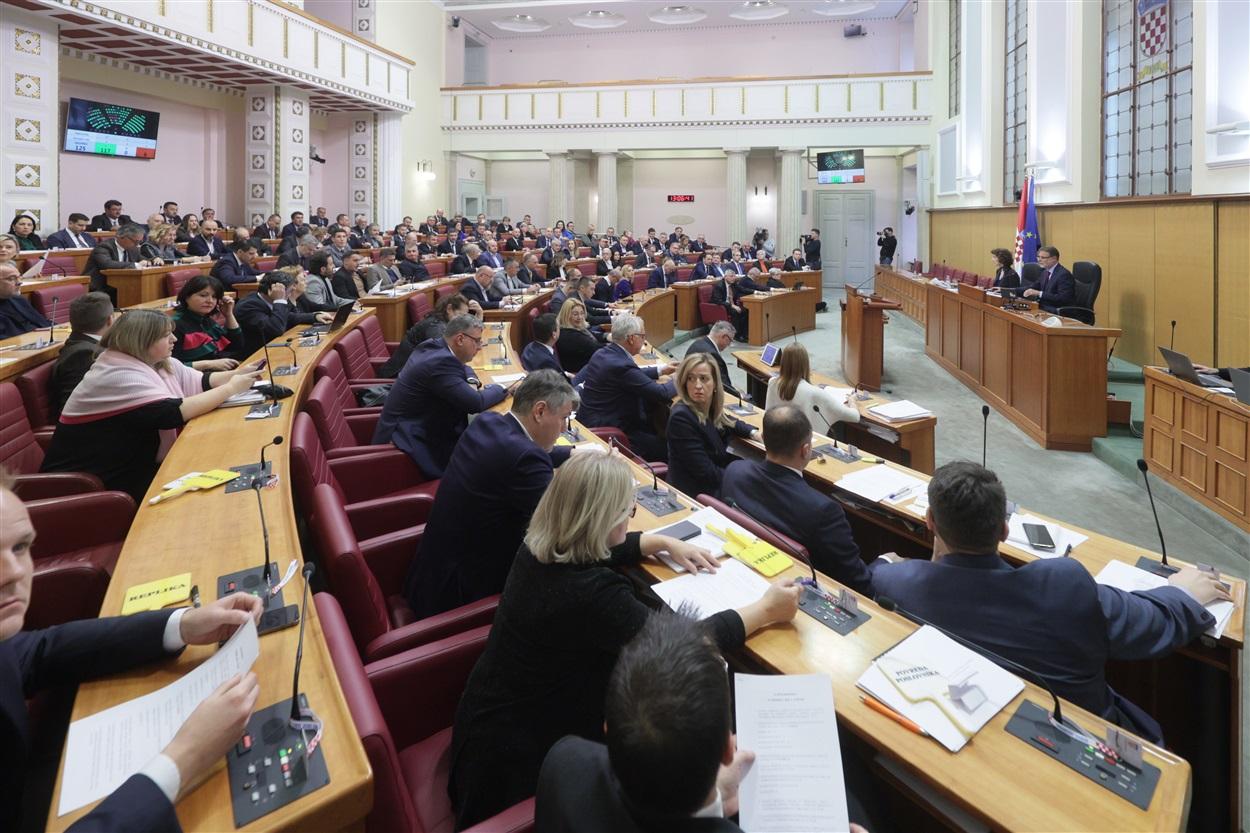
Zagreb - Information commissioner Zoran Pičuljan said on Wednesday the silence of institutions and "exceptionally" high number of unlawful decision by public authorities were the main negative trends in the right to access information in 2020 and 2021.
Ignoring users' requests with silence and institutions' inaction are in total contrast to their task, Pičuljan said in parliament about the implementation of the law on the right to access information in 2020 and 2021.
He said he quashed 60% of first instance decisions in 2020 and 57% in 2021, noting that these are worrying figures made worse by the high number of quashed decisions delivered by municipalities, cities and counties.
Information on attorney fees, contracts with media publishers and gross wages of management and supervisory board members, county and municipal heads and mayors are withheld without justification, Pičuljan said.
About 600 of the 5,900 public authority bodies don't have a website, he added. Sixty per cent of them receive no request to access information, while the Hrvatske Vode water utility, the City of Zagreb, and the Interior Ministry keep receiving hundreds.
Pičuljan said he was pleased that the High Administrative Court upheld many of his decisions and that as of last year the law envisages fines for public authority heads who ignore requests.
MP Marija Selak Raspudić (Bridge) said that if MPs could not get an answer, how could an ordinary citizen expect to, noting that she has been waiting for an answer to a question she put to the prime minister since January 2022.
Ružica Vukovac (For a Just Croatia) said the High Administrative Court quashed two of Pičuljan's decisions in which, she said, he sided with the Croatian Bank for Reconstruction and Development, "which violates citizens' right to access information."
Pičuljan denied that, saying the Court upheld all of his ten decisions concerning the Bank.
Anamarija Blažević (HDZ) asked what could be done to prevent the abuse of the right to access information. By charging the cost or establishing the abuse, he responded.